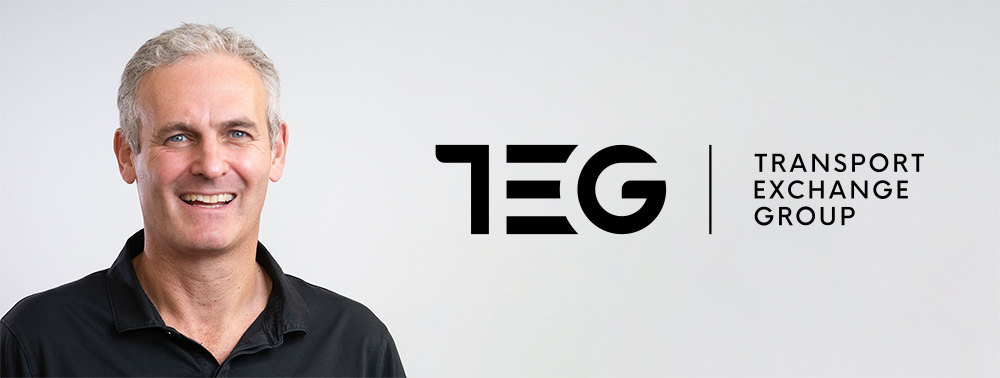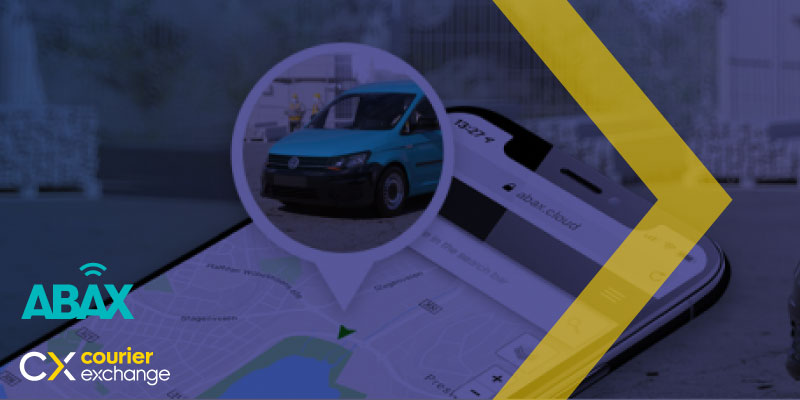this post is on behalf of our partner Business Choice Direct
With the new number plates due out in September, here is what courier drivers should know if you’re thinking of changing vehicles. The 72-plate will apply to all new vehicles registered until February 28th, 2023.
Thinking of upgrading?
A Van or pick-up truck enables you to offer a broader scope of services thereby giving you access to a wider range of clients. Upgrading capacity could certainly enable you to undertake multiple drops and cover longer distances and a newer vehicle provides reliability and a potentially superior performance.
Is bigger better?
Van sizes are based around ‘wheelbases’, i.e., the length of the chassis, and confusingly you can get a long-wheelbase small van, or a short wheelbase large van. The other size measure is around Gross Vehicle Weight (GVW), which dictates the authorised weight the vehicle is allowed to be once loaded.
As to what size you get depends upon your contracts, but a small van could be the best starter vehicle for your business.
Mid-Panel Vans
This size is flexible enough for almost any courier requirement, so this could be worth the investment. Typically, with a load space length of around 2.4 metres, they are classed as ‘short wheelbase’ on Courier Exchange.
Large Panel Vans
For capacity, this is a size that offers greater scope with many economical options available.
Lease or Buy?
This is a difficult question to answer as no one size fits all, and it depends on your individual circumstances. Both options are tax deductible as expenses.
Leasing
Pros:
· Full-service leases are available which often include maintenance, repair, accident management, insurance and registration
· Cheaper up-front costs as total cost of leasing is spread out over the lifetime of the contract
· Good option if you don’t have the ready funds to buy one
· You are paying the same amount on the lease every month, which is consistent for budgeting.
Cons:
· Many leases don’t include insurance and you will have to organise it yourself. If insurance is provided, you must check that it is suitable for your business needs and offers the appropriate coverage for tools, commercial liability, and goods in transit insurance.
· You can’t adapt or modify the vehicle.
Buy
Pros:
· Total cost of purchasing is likely to be lower than leasing, making it economical in the long term
· You can trade in your older vehicle
· No restrictions on distance and mileage
· Make it your own and fine tune it to your needs- but be aware of any modifications that could impact upon your insurance
· Not financially tied to a monthly contract
Cons:
· You may need access to finance if you don’t have ready cash
· Additions/modifications could impact the cost of your van insurance premiums
· You have to pay for maintenance, tax and insurance yourself
· Allow for the depreciation of your van’s value over time
New or old, BCD have it covered
Whether you decide to take advantage of this September’s new plate release or not, you can always rely on the superior performance of our insurance partners, Business Choice Direct (BCD) https://rebrand.ly/BCDCrEx. Whatever vehicle you own, they have the expertise to ensure that you have the most appropriate cover.
Call them on 0344 776 5303 or Email: commercialleads@businesschoicedirect.co.uk
Business Choice Direct Insurance Services Ltd are authorised and regulated by the Financial Conduct Authority.
Business Choice Direct Insurance Services Ltd is registered in England and Wales No. 10301653. Registered Office: Affinity House, Bindon Road, Taunton, Somerset, TA2 6AA.
Calls are recorded for use in quality management, training and customer support.




